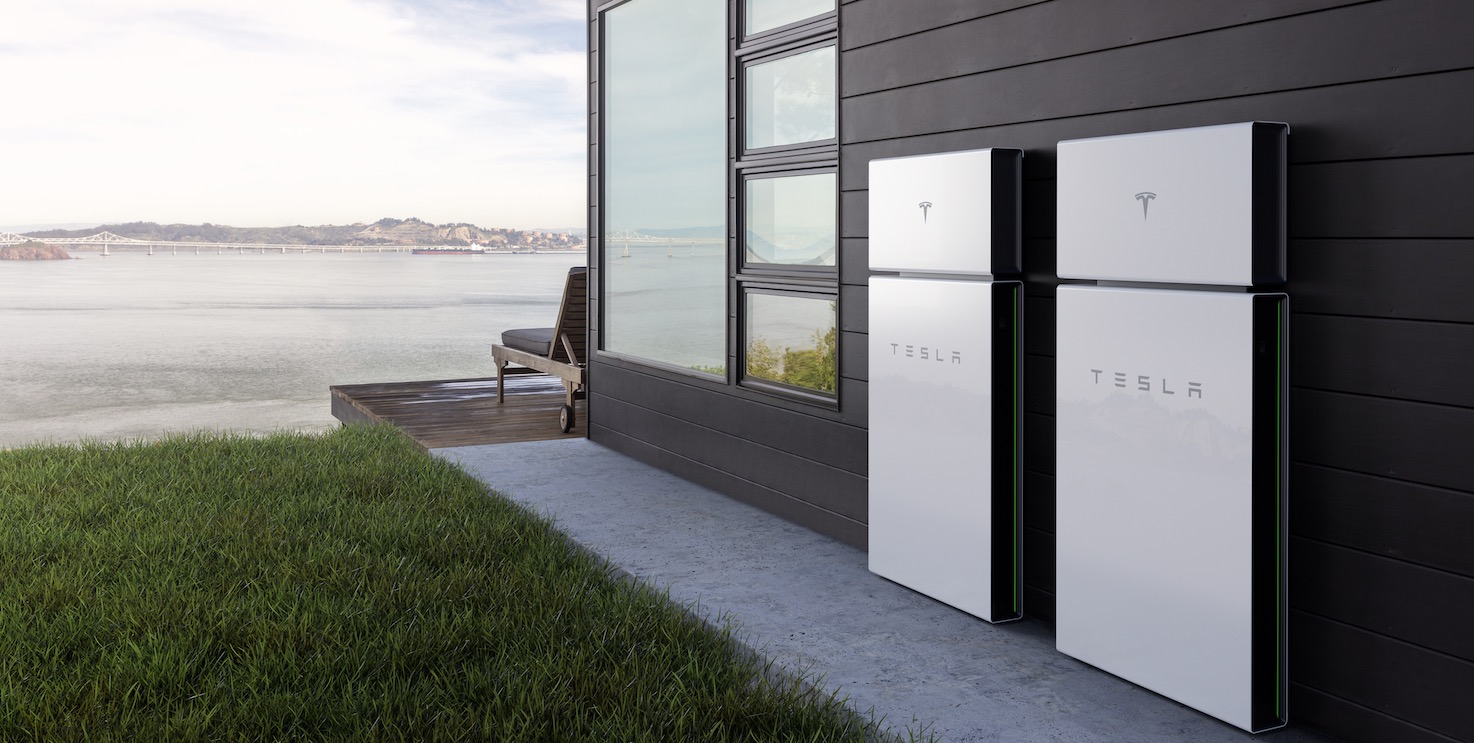
Tesla Powerwall 3 is about to launch, and we can now confirm that it will be offered with up to 11.5 kW of power output, according to Tesla documents obtained by Electrek.
Last month, Electrek reported that Tesla was preparing to launch the Powerwall 3 as we discovered the new product had been certified by a handful of electric utilities in the US.
At the time, we didn’t know much about the new home battery pack other than information from previous internal comments from the Tesla Energy team about working on “easier installation, better aesthetic, and higher performance.”
Now we get new information on the Tesla Powerwall 3.
The new residential energy storage device is starting to appear in Tesla’s documentation for new solar and Powerwall projects.
An Electrek leader in the process of designing a Tesla solar project sent us the documentation and the “PV Hazard Control System” section, which mentions the Powerwall 3:

While it’s not full of information, we can discern one new feature of the Powerwall 3: its power output.
The Tesla Powerwall+ maxed out at 9.6 kW, but now Tesla is listing a power output of 11.5 kW, which is undoubtedly for the new Powerwall 3. That’s a nearly 20% increase in power output.
However, the document also appears to mention the “Maximum Continuous Power On-Grid” of the Powerwall+, which is 7.6 kW, rather than its “Maximum Continuous Power Off-Grid”, which is its total output.
If that’s the case, it would be closer to a 50% increase in total power output. Either way, it looks like an impressive update.
Electrek’s Take
It looks like Powerwall 3 might be a significant update, which might explain the full name upgrade rather than “Powerwall+.”
The power output of the Powerwall is important because it determines how much power it can send back into the house or the grid. When the rates to send electricity back to the grid are higher, it is profitable to be able to send more power.
If the energy capacity gets a similar upgrade to the power capacity, it would mean that the Powerwall 3 could have between 16 and 20 kWh of energy capacity, but that’s just a guess based on the power increase.
That said, it would make sense since most of Tesla’s Powerwall installations have more than one unit, and something in between could cover a large part of the market without having to install multiple units, which complicates installation.
We expect Tesla to officially launch Powerwall in 3 this summer.
FTC: We use income earning auto affiliate links. More.
